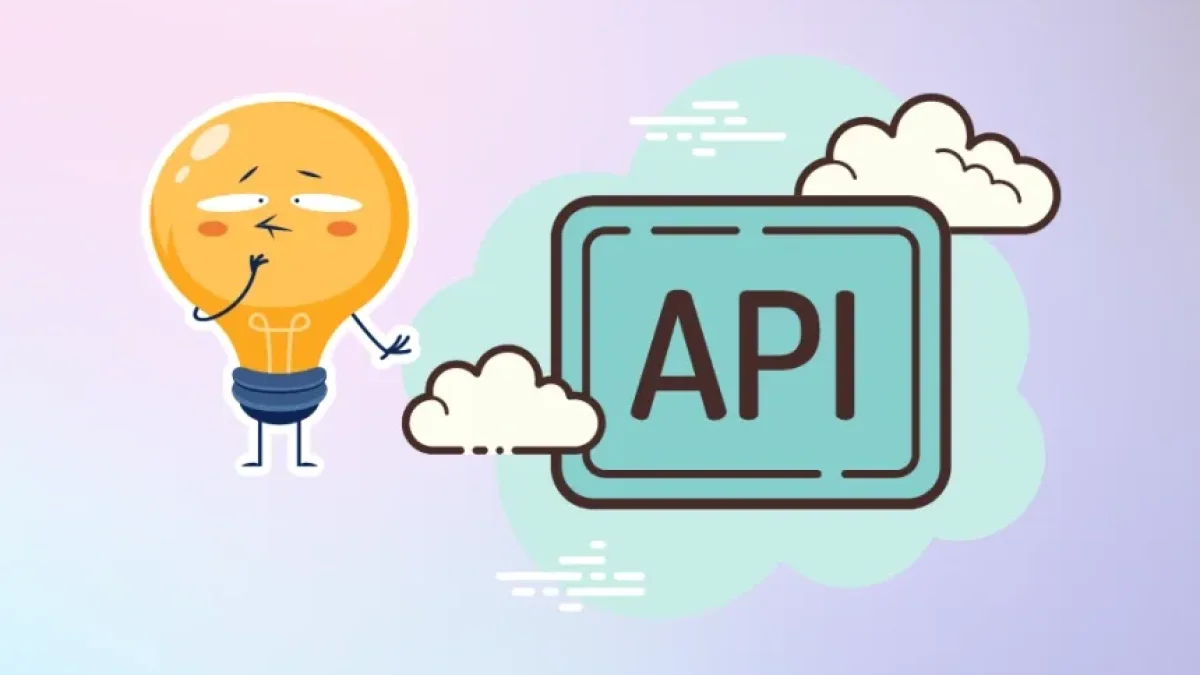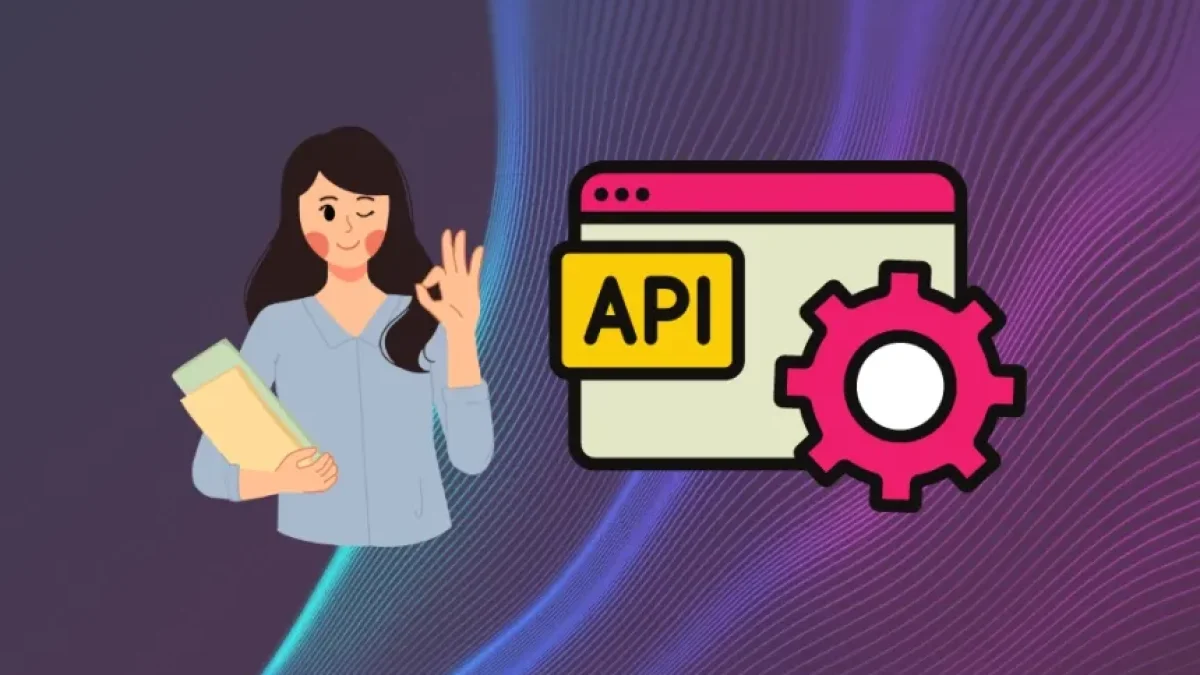What is an API? Use Cases


APIs (Application Programming Interfaces) are essential in the world of contemporary software development. This technology enables communication and integration between different applications, services, and platforms. In this article, we will explore in depth what an API is, its importance, and various use cases that demonstrate its utility across different industries.
What is an API?
An API (Application Programming Interface) is a set of rules and protocols that allows different software to communicate with each other. APIs define methods of interaction and are used to facilitate the integration of applications, services, and systems, allowing for structured and efficient data transmission.
Types of APIs
There are different types of APIs, which can be classified according to various criteria:
1. Public API
Public APIs are accessible to any developer. They allow integration with the services of an application or platform in an open manner. Examples of public APIs include the Twitter API or the Google Maps API.
2. Private API
Unlike public APIs, private APIs are used internally within an organization. These APIs are useful for connecting with internal services and applications, improving communication and efficiency.
3. Partner API
These are APIs shared with specific business partners. They allow for a degree of collaboration and are used to integrate services between different companies.
4. Operating System API
These APIs are designed for developers to interact with the operating system. An example is the Windows API, which allows applications to perform operations on the operating system.
Why are APIs Important?
APIs play a crucial role in modern software development. Here are some reasons that underscore their importance:
- Interoperability: APIs enable different systems and applications to communicate, facilitating interoperability in a heterogeneous software environment.
- Time and resource savings: The integration of APIs allows developers to focus on the core functionality of their application instead of reinventing the wheel.
- Innovation: APIs facilitate the creation of innovative applications by allowing developers to easily use third-party services.
- Scalability: Organizations can scale their applications more easily through APIs that manage resources efficiently.
API Use Cases
Next, we will explore several use cases of APIs across different sectors, showing how they are transforming the way businesses operate.
1. E-commerce
APIs are fundamental in the e-commerce sector. They enable the integration of payment gateways, inventory management, and connection with shipping services.
Example
- Shopify API: Allows developers to access the Shopify platform, manage products, orders, and perform sales analysis.
2. Social Networks
APIs are essential for integrating social networking functionalities into applications. This allows developers access to data and posts from platforms like Facebook, Twitter, and Instagram.
Example
- Twitter API: Enables actions such as posting tweets, collecting data on interactions, and analyzing content performance on Twitter.
3. Financial Services
APIs are also revolutionizing the financial industry, facilitating the creation of banking and financial management applications.
Example
- Plaid API: Used to connect applications with bank accounts, enabling real-time account verification and transactions.
4. Health
APIs are transforming the healthcare sector by enabling interoperability between medical information systems.
Example
- FHIR (Fast Healthcare Interoperability Resources): An international standard that defines a set of APIs to facilitate data exchange in the healthcare sector.
5. IoT (Internet of Things)
APIs allow connected devices to communicate with each other and cloud platforms, enabling the development of smart solutions.
Example
- Philips Hue API: Allows control of smart lights from external applications, providing functionalities such as scheduling and color adjustments.
Conclusion
APIs are fundamental in modern software architecture, facilitating the integration and communication of applications across various sectors. From e-commerce to healthcare and social networks, the use cases are broad and continue to grow. Investing in the development and implementation of APIs can provide significant competitive advantages to organizations, fostering innovation and improving operational efficiency.
By understanding what an API is and its various use cases, developers and companies can make the most of this powerful technological tool.



















